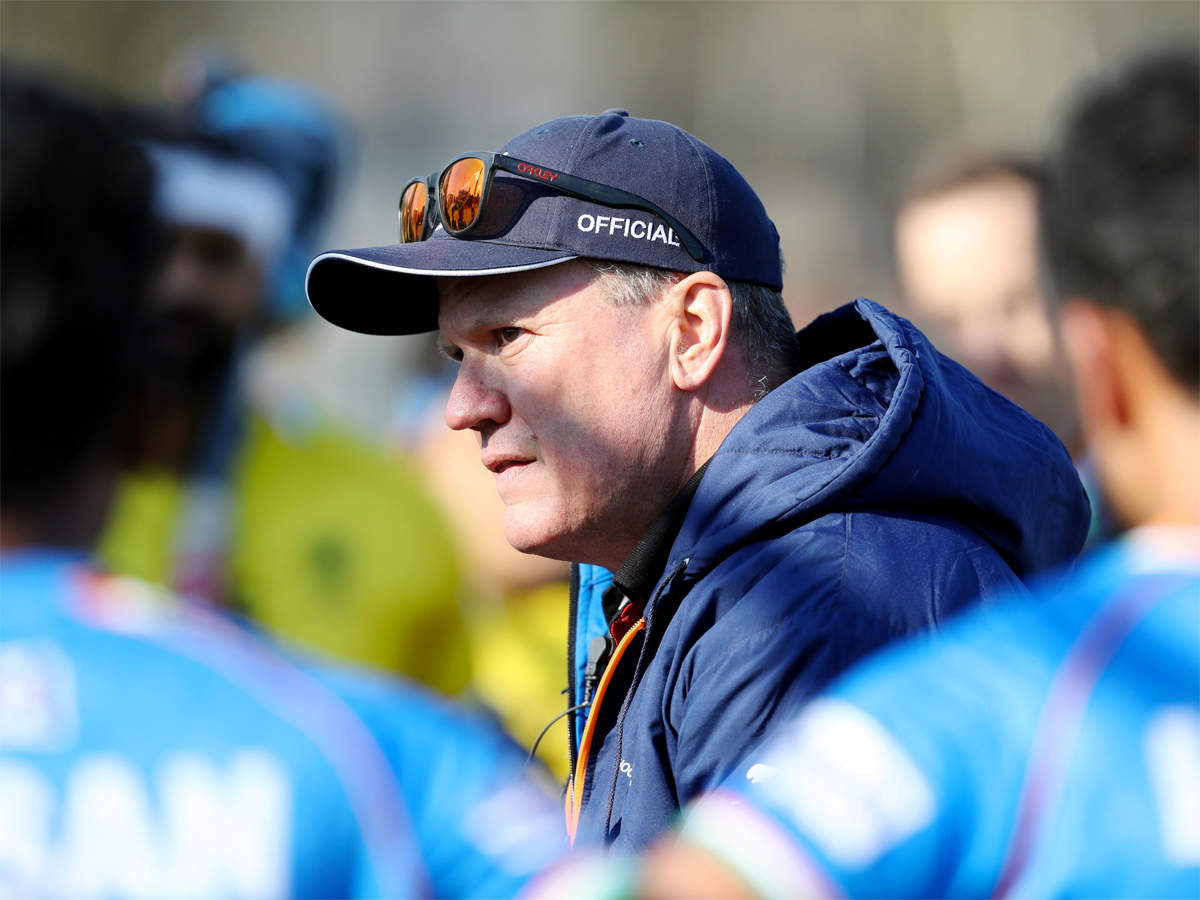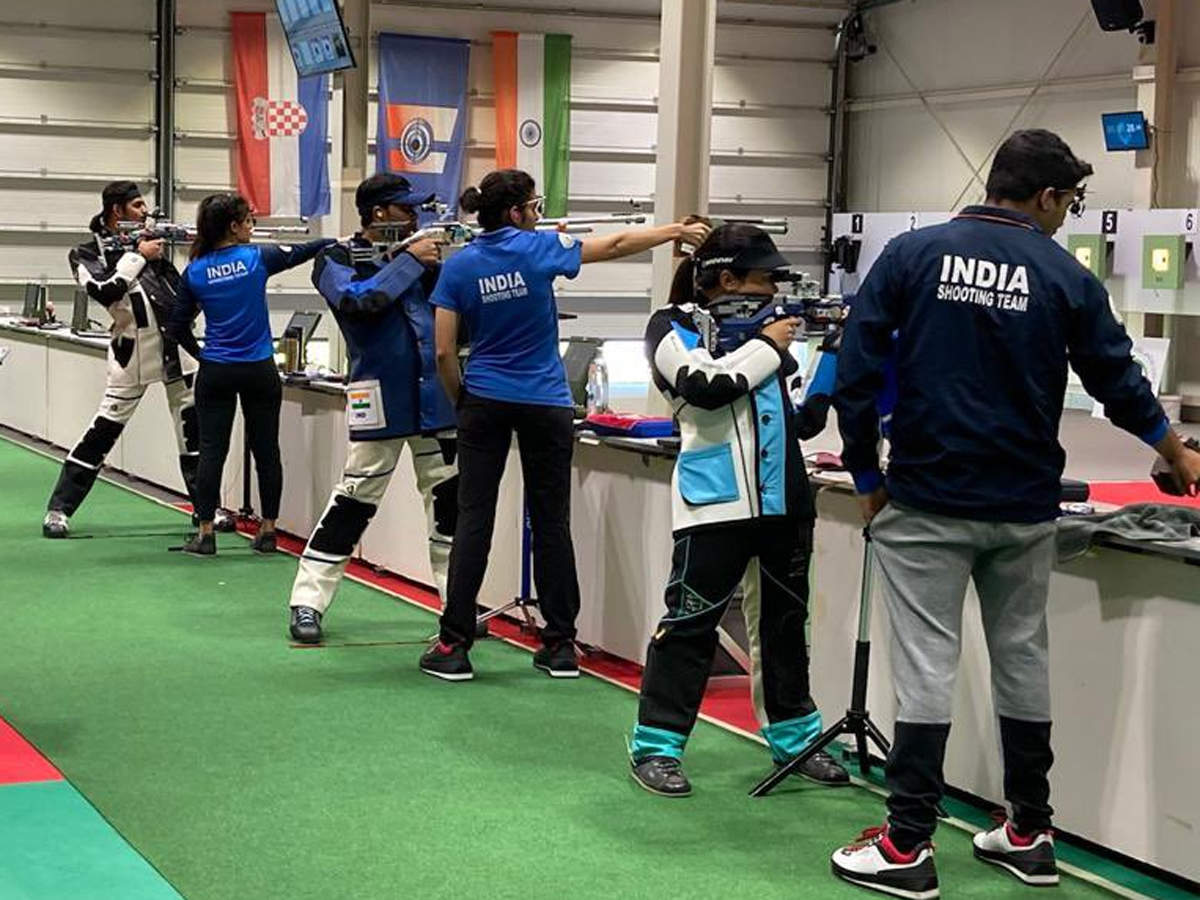
[ad_1]
After forcing a year-long postponement, Covid-19 continues to govern how things function at the Tokyo Olympics. The Sport-Specific Regulations developed by the International Olympic Committee (IOC) and international sports federations are part of that. That’s where the concept of the AP was developed.
At the moment, though, there is confusion over where the APs would be accommodated in Tokyo, inside the Olympic village or outside? The latter defies logic going by Covid-safety protocols.
BUT FIRST, WHO IS AN ALTERNATE PLAYER?
The AP is different from a ‘Reserve Player’, especially in the context of the Covid-hit Olympics. Reserves have historically been allowed for various sports at the Games, but this time a reserve is different from an AP.
The Alternate Players named by the contingents will be an option available for every match in team sports, while a reserve can only come into the squad as a permanent replacement because of an injury to a main-team player or for any other valid reason.
“Previously, ‘alternate’ replacements were available in the sports of football, handball, hockey, rugby and water polo; however these were available only as permanent replacements for the Olympic squads. Now each National Olympic Committee (NOC) will be able to use these athletes in each match,” the IOC said in a statement.
“This will not increase the number of athletes on site in Japan, but will give more flexibility to select within the wider squads, recognising the unique situation for the Olympic Games Tokyo 2020 and giving NOCs maximum flexibility in choosing match squads,” it added.
THE CONCEPT EXPLAINED IN SIMPLE TERMS
As far as Indian interests go, the concept of an AP can be easily understood through hockey, which has a huge following when it comes to the Olympics.
The IOC allows a squad of only 16 in both men’s and women’s hockey, apart from standbys. But this time, those standbys have been segregated into APs and reserves.
For example, the Indian men and women hockey teams will have two APs and a reserve goalkeeper each apart from the 16-member squads selected by Hockey India. So the coaching staff will have those 16 players plus the two APs from where it can pick the 16 players available on the ground for every match.
But in case of the ‘reserve’ goalkeeper, the replacement can only be made if the first-choice goalkeeper gets injured or has a valid reason to be replaced. However, in that case, the first-choice goalkeeper can’t play in the rest of the tournament.
THE CONFUSION
The confusion over APs is largely centred around their accommodation while in Tokyo.
Will the Alternate Players stay inside the Olympic Village or outside? In a Covid-safe scenario, all athletes travelling to Tokyo should be together in one place to avoid any bubble breach.
But nobody knows for certain as of now what the living arrangements for the alternate players will be. Can they stay inside the village, like the ‘reserve’ players?
‘THERE IS NO PROPER CLARITY’ – AFI
There are cases where there is confusion over whether a certain back-up player is technically a reserve or an AP.
In the Indian athletics team, for instance, there is still no clarity between the Athletics Federation of India (AFI) and the Indian Olympic Association (IOA) on whether the fifth member of the relay teams is an Alternate Player or a reserve.
The AFI contends they don’t have any Alternate Players in the athletics contingent. So each of the 26 members of the team should be staying inside the Olympic Village.
However, the complete contingent list shared by the IOA has named the fifth member of the mixed relay team — Dhanalakshmi Sekar — as an AP.
“As far as our athletes go, they are not alternate athletes, they are reserves,” said AFI chief Adille Sumariwalla talking to TimesofIndia.com.
“The IOA seems to term them (fifth member of relay teams) as alternate athletes, which they are not. So I believe the chief coach has written to the IOA. Some conversation is going on between the two of them, it’s still not finalised. There is still time for them (athletics contingent) to go; they are going to Tokyo only on July 23rd.”
The athletics competition at Tokyo 2020 begins July 30. Calls made to IOA president Narinder Batra and secretary general Rajeev Mehta went unanswered.
“He (chief coach) said they (APs) are supposed to stay out. They can’t go to the village, they can only go to the ground. But clarity has been sought…Reserves are allowed to stay in the village,” the AFI chief added.
“Every second day, the protocol is changing.”
‘WE ARE YET TO FIND OUT’ – Indian men’s hockey team coach Graham Reid
The Indian men’s hockey team, meanwhile, has two alternate players — Simranjit Singh and Varun Kumar — and a reserve goalkeeper in Krishan Pathak, besides the 16-member first squad picked for the Games.
But chief coach Graham Reid has no clear information on the issue, other than knowing how the AP concept works.
“We are yet to find out how all those things can physically work because they (APs) are going to be staying outside (the Village),” Reid told TimesofIndia.com a few days ago.

(Graham Reid- Photo courtesy Hockey India Twitter)
However, unlike the AFI chief Sumariwalla, Reid spoke about how the APs can visit the Games village while being put up at a hotel outside it. So the lack of clarity prevails within different teams of the contingent.
“They (APs) will have access to the village. So that part of it will be fine,” said Reid. “It’s just a matter of how that’s going to work on a day-by-day basis. Of course, most of these things you don’t find out until you get there.
“I think it (keeping reserve/alternate players out of the village) perhaps has also been historic. The village itself has been downsized. The number of people who can stay inside has decreased. Everyone is struggling to try and fit as many as you can.
“I think they (Tokyo 2020 organisers) are addressing that by making sure that everybody is tested every day, that the hotels (for APs) are specific hotels and will be like mini bubbles themselves.” Reid told TimesofIndia.com.
END OF THE ROAD FOR SHOOTING ‘RESERVES’
The National Rifle Association of India (NRAI) has confirmed that the reserves named for the Olympic shooting squad are no longer needed and won’t be able to replace anyone once the 15-member team reaches Tokyo.
The rifle and pistol shooters, along with the coaches, are scheduled to leave for Japan on July 16 from Croatia, where they have been in a camp in Zagreb for over two months and also participated in the ISSF World Cup in Osijek.

(Shooters of India’s Tokyo 2020 squad training in Zagreb – Photo courtesy NRAI Twitter(
“We kept them (reserves) in readiness. That was a precautionary measure, if in between somebody had it (Covid-19) before flying into Tokyo. That was the case,” NRAI secretary Rajiv Bhatia told TimesofIndia.com..
“Although we had done their registration (for Tokyo), we have not submitted their activity plan. Today (Wednesday, July 14) the camp for the reserve shooters concluded and they have gone back to their homes.”
But what if the shooting squad is unfortunately hit by Covid-19 after landing in Tokyo?
“Then our bad luck,” Bhatia said replying to the question. “If it happens there, nothing can be done. But that’s the case with everybody.”
[ad_2]